Celebrating Pride Month: Embracing Diversity and Fostering Inclusion in Relationships
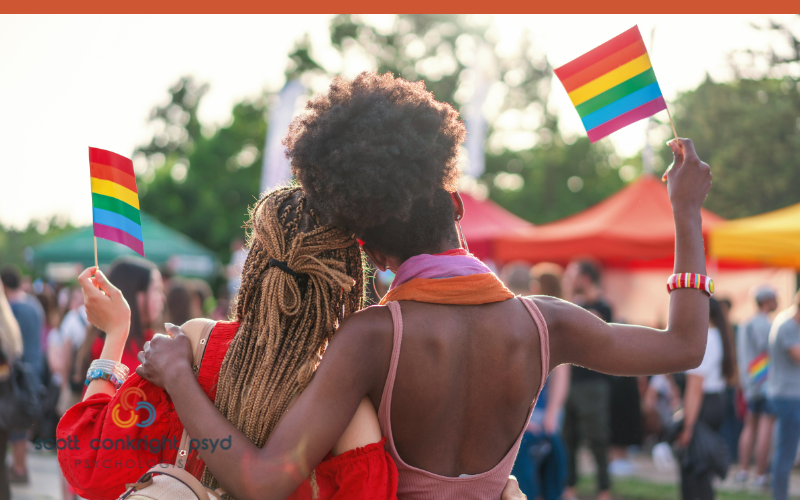
Pride Month is a time of celebration, reflection, and advocacy for the LGBTQ+ community. It’s a period dedicated to honoring the history, achievements, and resilience of LGBTQ+ individuals and promoting awareness and acceptance. For those passionate about personal growth and social justice, understanding the dynamics of affect and relationships within the LGBTQ+ community is essential. This blog post explores the importance of Pride Month, the role of Affect Relational Therapy (ART) in fostering inclusive relationships, and how we can all contribute to a more supportive and accepting society.
The Significance of Pride Month
Pride Month, a testament to the resilience and strength of the LGBTQ+ community, commemorates the Stonewall Riots of 1969. This month-long celebration, filled with parades, events, and educational activities, is a beacon of hope and unity. It’s a time to honor the progress made, recognize the ongoing struggles, and celebrate the diverse identities within the LGBTQ+ spectrum.
Embracing Diversity in Relationships
In the context of relationships, embracing diversity means recognizing and valuing the unique experiences and identities of LGBTQ+ individuals. Affect Relational Therapy (ART) provides a framework for understanding how biologically based feeling states influence our interactions and relationships. This understanding is crucial for creating inclusive and supportive environments in personal relationships and within the broader community.
The Role of Affect in LGBTQ+ Relationships
Affects such as interest-excitement and enjoyment-joy play a significant role in developing and maintaining relationships. However, for LGBTQ+ individuals, societal stigma and discrimination can often interrupt these positive affects, leading to feelings of shame and isolation. We can create more affirming and supportive relationships by acknowledging and addressing these dynamics.
Addressing Shame in LGBTQ+ Relationships
Tomkins’ theory of shame as an affect triggered by the incomplete interruption of joy or excitement is particularly relevant in LGBTQ+ relationships. Shame can arise from societal rejection, internalized homophobia, or a lack of acceptance from loved ones. This affective response can hinder the development of healthy, fulfilling relationships by causing individuals to hide their true selves.
In therapeutic settings, addressing these moments of shame is crucial. Group therapy, for instance, provides a supportive environment where LGBTQ+ individuals can share their experiences, normalize their feelings, and develop strategies to overcome shame. This process enhances personal well-being and strengthens relationships by fostering authenticity and mutual understanding.
Fostering Inclusive and Supportive Relationships
Creating inclusive and supportive relationships requires a commitment to empathy, understanding, and ongoing education. Here are some ways to foster inclusivity in your relationships:
- Educate Yourself: Learn about the diverse experiences and identities within the LGBTQ+ community. Understanding the challenges and triumphs of LGBTQ+ individuals fosters empathy and respect.
- Practice Active Listening: Be present and attentive when your partner or friends share their experiences. Validate their feelings and show support through your actions and words.
- Challenge Assumptions: Question societal norms and stereotypes that may influence your perceptions. Embrace diversity and encourage others to do the same.
- Create Safe Spaces: Ensure your home, workplace, and social circles are welcoming and inclusive. Stand against discrimination and advocate for equality.
- Celebrate Achievements: Recognize and celebrate the milestones and successes of LGBTQ+ individuals. Pride Month is an excellent opportunity to highlight these achievements and show support.
The Power of Affect Relational Therapy
Affect Relational Therapy, a beacon of hope for LGBTQ+ individuals, offers valuable insights into the emotional dynamics of relationships. By focusing on the biologically based feeling states that influence our behavior, ART provides a framework for understanding and improving interactions. For LGBTQ+ individuals, this means recognizing the impact of societal stigma on their affects and learning to navigate these emotions constructively.
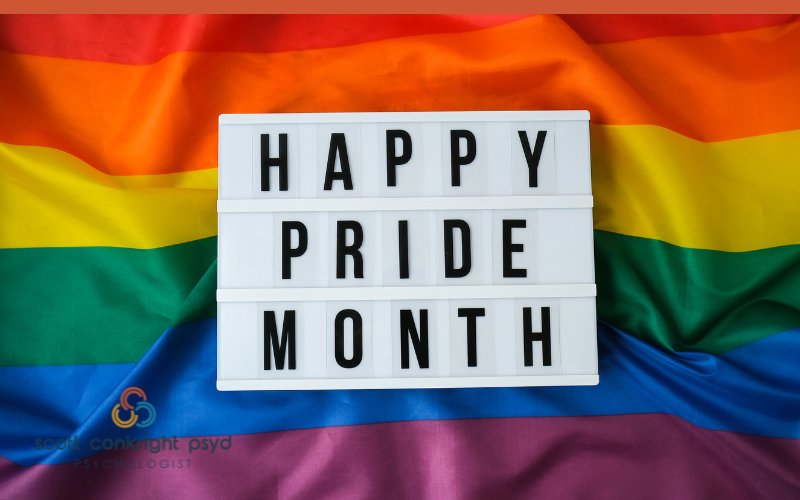
Conclusion
Pride Month is a celebration of diversity, resilience, and progress. It’s a time to honor the LGBTQ+ community and commit to fostering inclusivity and support in our relationships. By understanding and addressing the dynamics of affect, we can create environments where everyone feels valued and accepted. Through Affect Relational Therapy, we can enhance our relationships, promote personal growth, and contribute to a more inclusive society.
What’s In It For You?
Engaging in practices that foster inclusivity and support enriches your relationships and contributes to a broader culture of acceptance and equality. By embracing the principles of Affect Relational Therapy, you can build more profound, more meaningful connections and support the well-being of LGBTQ+ individuals in your life.
This Pride Month, empower yourself to make a difference.
Educate yourself, challenge assumptions, and create safe spaces for LGBTQ+ individuals. Join us in celebrating diversity and fostering inclusive relationships.
If you’re eager to deepen your knowledge of these dynamics or begin your journey toward a resilient, fulfilling relationship, contact Dr. Scott Conkright today to schedule a consultation at (404) 315-7150.
Sign up for our workshops to learn about Affect Relational Therapy and how it can enhance relationships and promote personal growth.
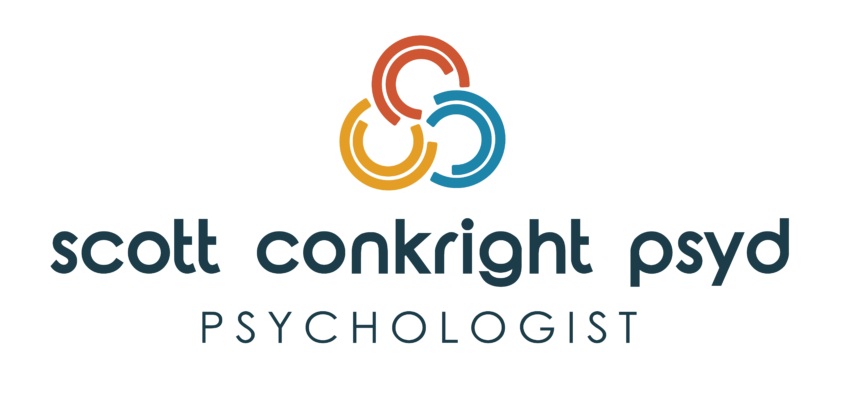

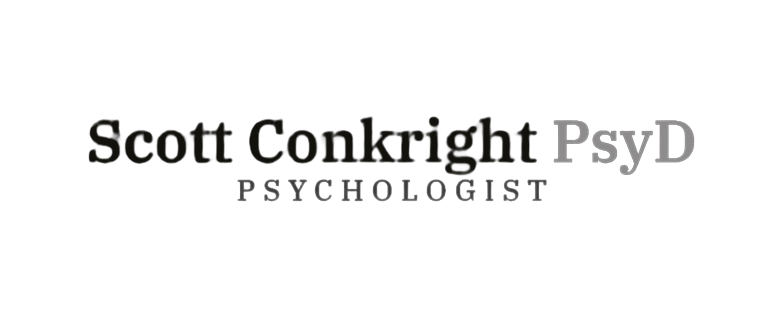

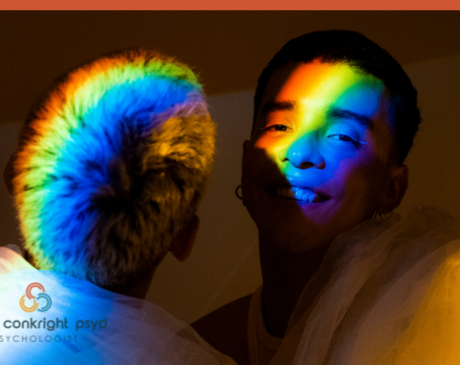
// Comments are closed //